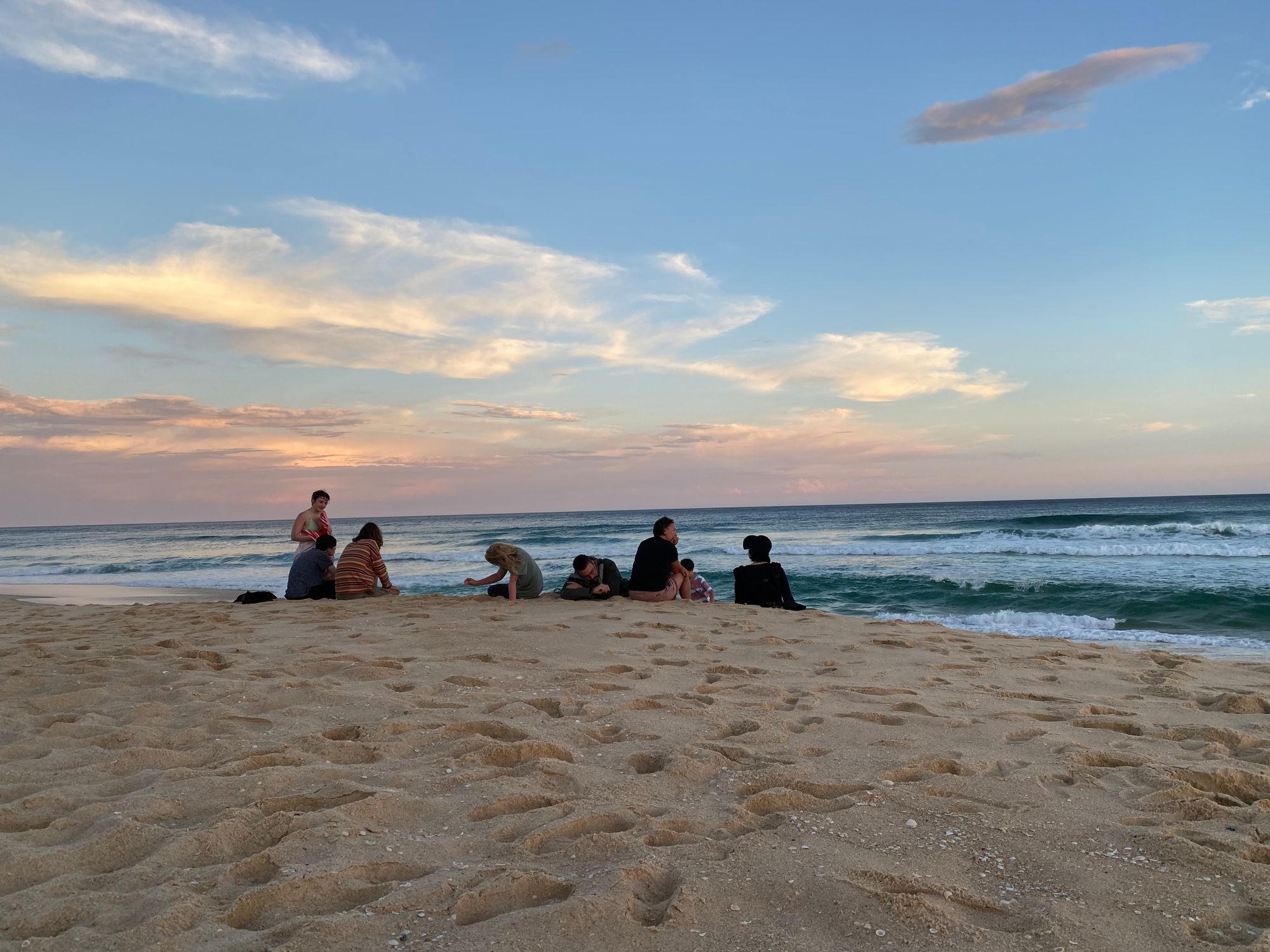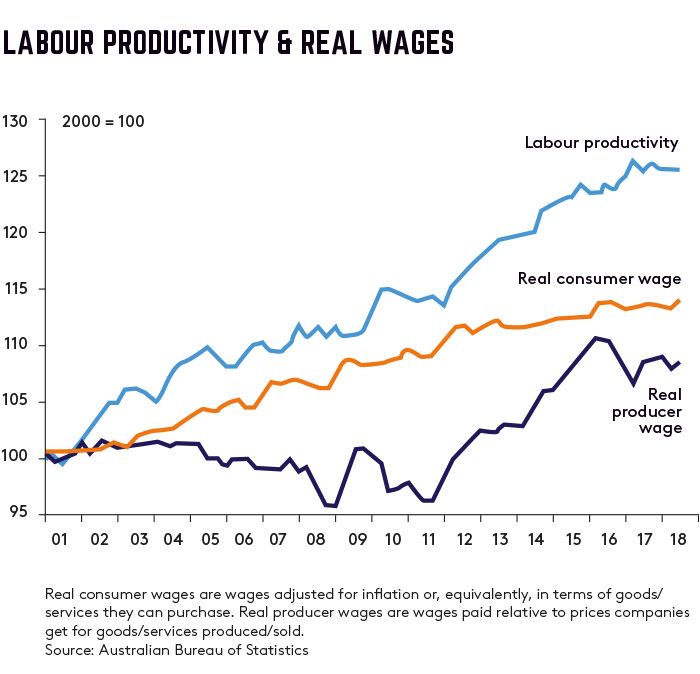It’s Time to Make Every Weekend a Long Weekend

In December 1999 I walked in to the office of my boss, Tom Kennedy – CEO of Brainwaave, a pioneering multimedia agency. My partner and I had our first child on the way, and home life was suddenly feeling very important. So I asked for a four-day week at full pay. I'd been at Brainwaave for a couple of years and had been helping deliver some important projects. I pitched it as an alternative to giving me a raise, and they went for it.
I wish I could say that I stuck with this new level of work-life balance, but no – my next move after Brainwaave was to launch a virtual earth startup with dear friend and colleague Chris Thorne. Self-employed and trying to do something unprecedented, we felt driven to spend every waking moment and every cent of investors' money trying to work magic. It took four years and the purchase of our key competitor by Google before I understood that putting in the hours is really, really not what makes or breaks a startup. Rather, it's more likely to break the team.
I'm far from alone in this realisation, or in understanding that the hours don't make or break profitability for most companies in our knowledge economy. The buzz of the four-day week movement is becoming a clamour.
But there's no need to stop there. Robots are taking our jobs, and I say we should let them. Automation can provide a leisure society, if we choose to structure society to allow it.

As you can see productivity just keeps going up. This should be unsurprising: John Maynard Keynes predicted in 1930 that the ongoing process of automation would deliver this result, and that it ought to deliver us a leisure society. What is surprising is that real wages haven't gone up in the same way (and we know that full-time hours have not decreased substantially either). What's going on? Well, since around 1971 the developed world has largely chosen to deliver the rewards of that productivity growth entirely to the owners of capital.
It's time for a correction. And I think the best framing for this is not less work, but more leisure. A four day week is a necessary first step, but the long weekend is the point.
In Australia we should begin by immediately instituting more national holidays. First a freebie to mark the beginning of the shift. Then to celebrate important milestones like the signing of a treaty between the Crown and our First Nations, and then for the birth of a just Republic; another to celebrate our Bill of Rights, our leadership of the global Climate Treaty, and so on. Keep going until every existing weekend runs for three days, and the old three-day weekends are four days. And don't stop. When we tip the balance to three days for work and four for leisure, family, friends, volunteering and personal projects, then I reckon we'll be getting somewhere.
We can start by getting the conversation going.
Getting a bit tired of our political parties. Let’s make a new one, it can’t be that hard. https://t.co/rG6DzCh9ez #longweekendparty
— Viveka 🌳🔋🧬⚗️ विवेक (@viveka) January 13, 2022
